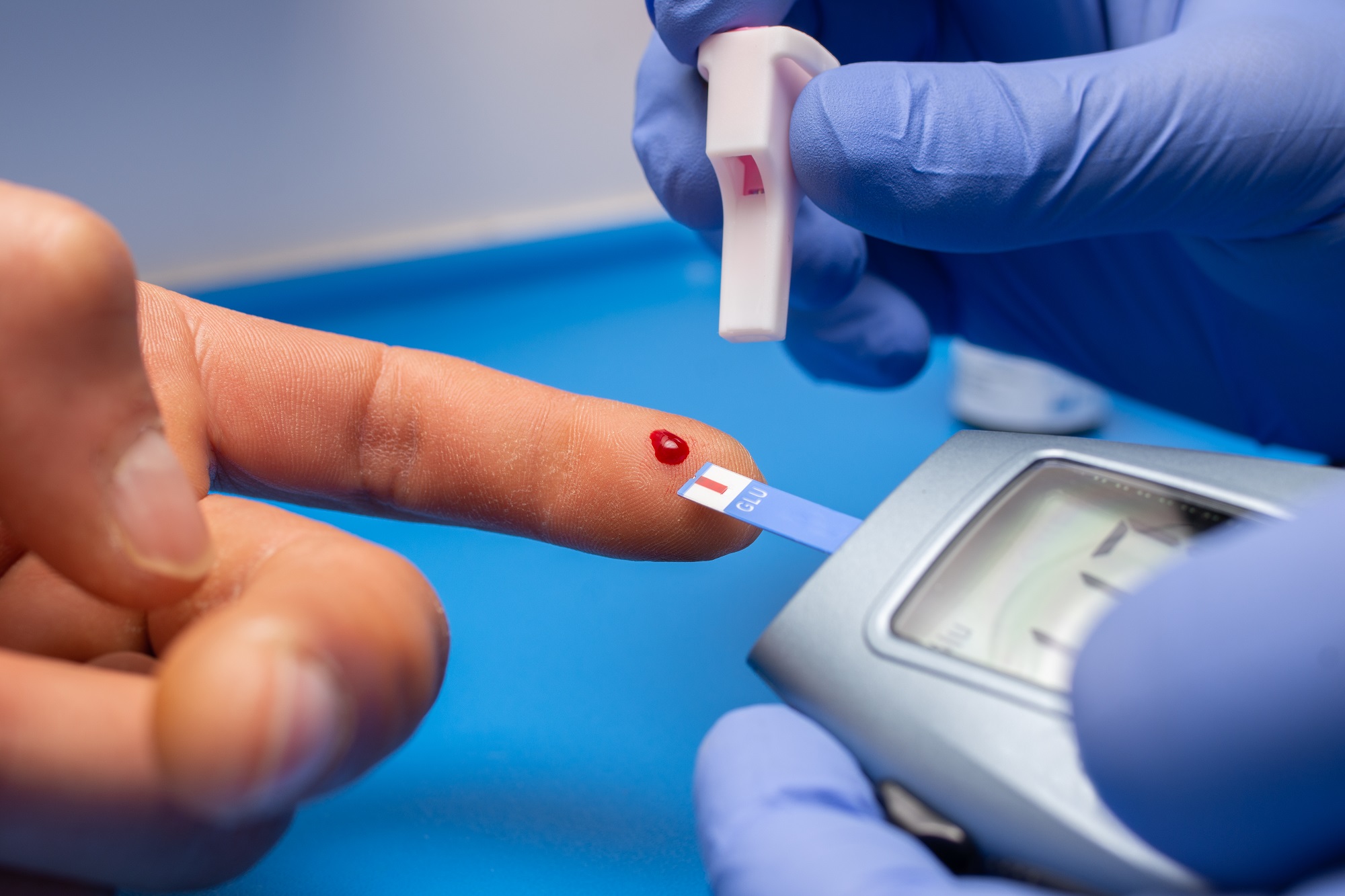Our Speciality

Diabetologist in Thane
- Endocrinology is the branch of medicine that focuses on the endocrine system, which includes glands responsible for hormone production and regulation.
- Hormones control various body functions such as metabolism, growth, and reproduction.
- Endocrinology deals with hormonal imbalances, while diabetology focuses on the diagnosis and treatment of diabetes.
- Diabetology, a subspecialty of endocrinology, focuses on managing diabetes—a chronic condition affecting the body’s ability to process glucose.
- Effective management of these conditions is essential to prevent complications such as heart disease, kidney failure, and nerve damage.
- Our team of endocrinologists and diabetologists offers integrated care, focusing on both prevention and treatment, with personalized plans for diabetes management.
Why Choose Avadhoot Hospital for Diabetologist in Thane

Advanced Diagnostic Facility
Equipped with state-of-the-art labs, imaging services (such as thyroid ultrasound), and blood glucose monitoring systems, Solaris ensures accurate diagnosis and ongoing management of endocrine and diabetic conditions.



Meet Our Experts

Sara Parker
Kitchen Chronicles
Join me on my journey to a healthier lifestyle
Frequently Ask Questions
What is the main cause of diabetes?
The main cause of diabetes depends on the type. Type 1 diabetes is caused by an autoimmune reaction that destroys insulin-producing cells in the pancreas. Type 2 diabetes, the most common form, is primarily caused by insulin resistance combined with lifestyle factors such as poor diet, lack of physical activity, and obesity.
What are 2 foods that prevent diabetes?
Two foods that may help prevent diabetes are leafy green vegetables (like spinach and kale), which are rich in fibre and antioxidants, and whole grains (like oats and brown rice), which help regulate blood sugar levels and improve insulin sensitivity.
What is a normal blood sugar level?
A normal fasting blood sugar level for a healthy adult ranges between 70 to 99 mg/dL. Two hours after eating, blood sugar levels should be less than 140 mg/dL. Consistently higher levels may indicate prediabetes or diabetes.
Can stress cause diabetes?
Yes, chronic stress can contribute to the development of Type 2 diabetes. Stress hormones like cortisol can increase blood sugar levels and make the body more insulin-resistant over time, especially when combined with unhealthy coping habits like poor diet or lack of exercise.
Can diabetics eat rice?
Yes, diabetics can eat rice in moderation. Opting for brown rice or other whole grain varieties is better, as they have a lower glycaemic index and release glucose more slowly. Portion control and balanced meals are key to maintaining healthy blood sugar levels.

